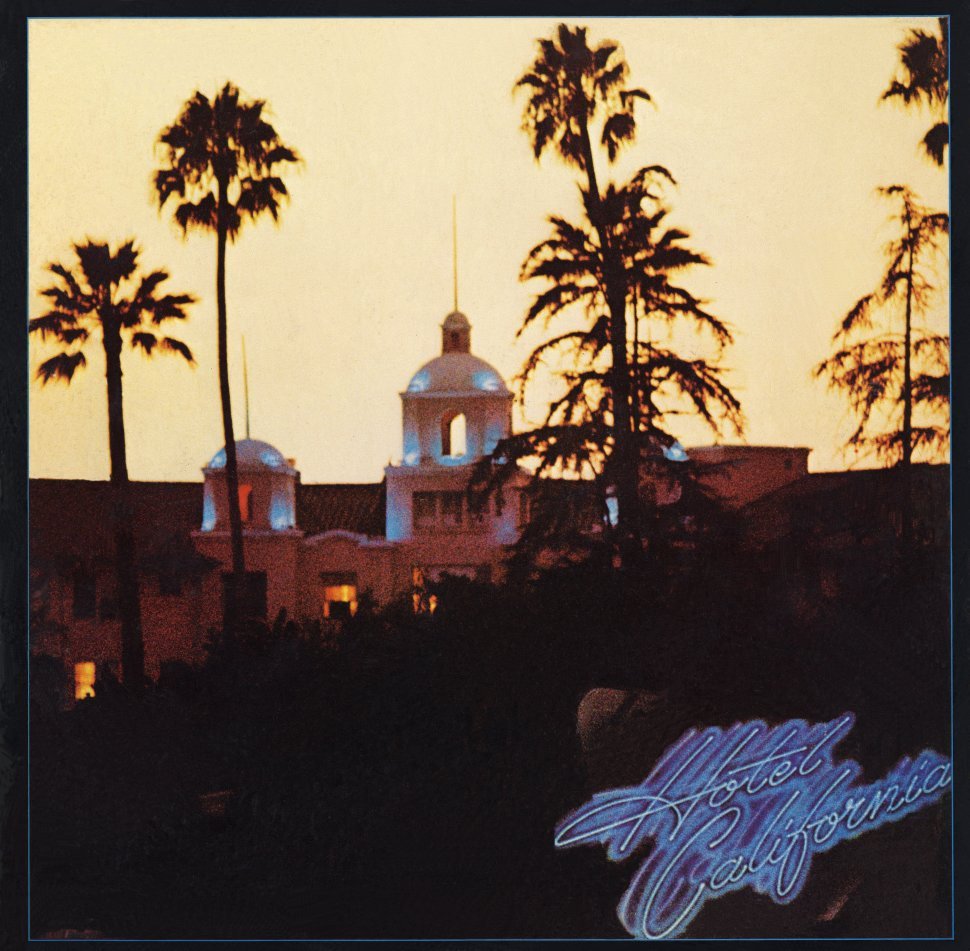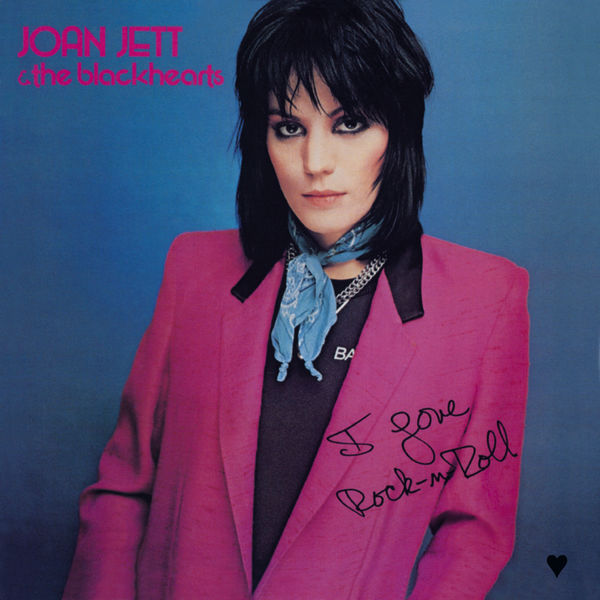Did you ever mishear a lyric, then find out about the real one, and still like yours better? I was all set for this post to talk about a great lyric from “Once”, the opening song on Pearl Jam’s Ten. That lyric turns out to actually be: “I’ve got a bomb in my temple that is gonna explode / I got a sixteen gauge buried under my clothes.” Still a good lyric, sure. But what I heard, and have been hearing for 27 years, is “I got a sixteen gauge buried under my nose.”
Okay, now wait, stop laughing. It does sound silly, now that I write it down. But to me it was this great poetic image, sitting uncertainly between the notion of the narrator’s mouth as a deadly weapon and an actual weapon pointed into his mouth. Though, now that I do a little research it’s clear how much I’m not a gun guy, because a sixteen gauge is a shotgun, not exactly the most convenient weapon of choice for suicide.
In any case, I believed the line wholeheartedly, despite the possible comedy, and I can chalk that up to the intensely committed singing of Eddie Vedder. Vedder is a revelation on this debut album, a voice that can start in a profound baritone register and ascend growling to intense peaks, only to lay bare moments of unexpected tenderness, such as the searching title question in “Why Go”, or the “Is something wrong” bridge of “Alive.” What shines through at every single moment is emotional truth — it is impossible to doubt that he means what he’s singing. Each line is fully, thrillingly inhabited. No wonder I didn’t bat an eye at the “nose” line I heard.

What I didn’t realize until I researched this album is how separate Vedder was from the creation of Ten‘s music. I’m used to a model where lead singers are also lead songwriters, or are at least crucial contributors to the music. But Pearl Jam on this album was more in the Elton John/Bernie Taupin mode, except backwards — where John/Taupin start with lyrics then add music, Pearl Jam’s music came first. Stone Gossard and Jeff Ament had written a bunch of instrumental compositions, recorded them with Mike McCready on lead guitar and Matt Cameron on drums, then shopped the resulting tape around looking for singers. The tape made its way to Vedder, he wrote lyrics and sang, and the rest is history.
That music, though, is the other magic ingredient of Ten. As great as Vedder’s singing and lyrics are, they’re built atop an amazing foundation of melodicism, musicianship, and tunecraft. When I think of “Alive”, the first thing I hear in my head is that initial guitar riff. The bedrock of “Even Flow” is the melody Vedder sings, but its electric power comes from the hammering guitar that leads into the luminous solo. “Jeremy” is built on a bass line that opens the song like the first line of a novel — instantly intriguing, drawing us into its world.
That world feels quite a bit different now than it did in 1991. As chilling as “Jeremy” is, there are ways in which it feels a bit quaint now. School shootings (and everywhere-else shootings) have become so frequent, almost routine, that the notion of a deep character study into the mind of the shooter seems beside the point. Who has time to imagine all those troubled minds? There’s an army of Jeremys now, each with a soldier’s firepower.
Except the army isn’t really of Jeremys, because Jeremy of the song shoots only himself, at least based on Vedder’s description of his inspiration, and the unedited version of Mark Pellington’s video. Sure, it’s still shocking and horrifying, but not the way it was 27 years ago. Now, strange as it is to say, I think I’d feel a bit of relief hearing about someone carrying a gun to school and shooting only himself.
The dark places are all over this album, with very little relief. Some of it is social, as in “Even Flow”, “Why Go”, and “Jeremy”. Much of it is personal, as in “Once”, “Porch”, and “Release.” Heartbreak deeply etches “Black” and “Garden”, and “Deep” is redolent with upsetting images. There’s light at the center of “Alive” — it’s an affirmation of survival despite intense psychological trauma. Besides that, “Ocean” is really the only song with much uplift in its lyrics, as simple as they are.
It’s depressing stuff. So why does this album feel like an exultation? Again I think it’s down to that incredible alchemy of brilliantly written music and extraordinary vocal performances. Pearl Jam overflows with power as a band — tight rhythms, slashing guitars, intricate counterpoints that lift out of the record’s overall muddy production. Place Vedder’s sensational voice atop that foundation, and you’ve got a recipe to reach the stars.
This is one of those times when an album’s cover perfectly encapsulates one of its themes. We see Pearl Jam reaching for those stars, but doing it together, as a unit rather than a star and his backups. Give or take a revolving door of drummers, that unit has remained intact for almost thirty years now, and shows no sign of stopping. That’s light in the darkness too.










